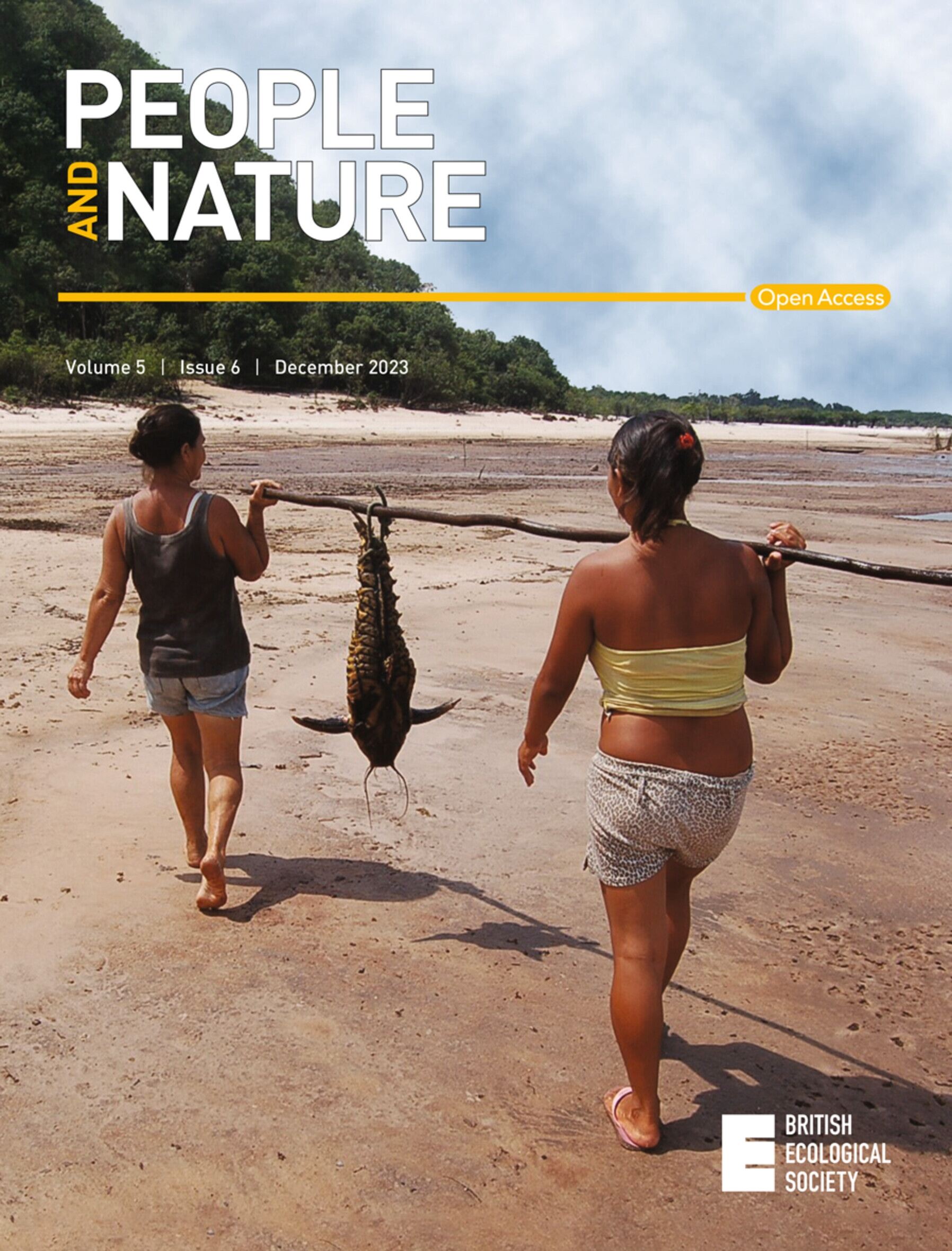The shifting baseline syndrome as a connective concept for more informed and just responses to global environmental change
IF 4.9
1区 环境科学与生态学
Q1 BIODIVERSITY CONSERVATION
引用次数: 1
Abstract
The concept of the ‘shifting baseline syndrome’ has assisted researchers in understanding 1. how expectations for the health of the environment deteriorate, despite known, often widespread, and significant impacts from human activities. The concept has been used to demonstrate that more accurate assessment of historical ecosystem decline can be achieved by balancing contemporary perceptions with other sorts of evidence, and is now widely referred to in studies assessing environmental change. The potential of this concept as a model for examining and addressing complex and 2. multidimensional social-ecological interactions, however, is underexplored and current approaches have limitations. We perceive the shifting baseline syndrome as a rare working example of a ‘connective 3. concept’ that can work across fields of science, the humanities and others and that reenvisioning the concept in this way would assist us to establish more complete, true and reflective environmental baselines. Through our diverse author team, from a range of disciplines, geographies and cultural 4. backgrounds, we identify gaps in current knowledge of the shifting baseline syndrome concept, its use and its effects, and describe several approaches that could be taken to improve investigations and capitalise on the connectivity that it fosters. This re-envisioning could support a more informed and just way forward in addressing global environmental change. (Abstract)基线变化综合征是对全球环境变化作出更知情和公正反应的一个连接概念
“基线偏移综合征”的概念有助于研究人员理解1。尽管人类活动产生了已知的、通常广泛的和重大的影响,但人们对环境健康的期望是如何恶化的。这一概念已被用来证明,通过平衡当代观念和其他类型的证据,可以实现对历史生态系统衰退的更准确评估,现在在评估环境变化的研究中被广泛引用。这一概念作为研究和解决复杂问题的模型的潜力。然而,多维的社会生态互动尚未得到充分的探索,目前的方法也有局限性。我们认为基线变化综合征是一个罕见的“结缔组织3”的工作例子。概念”,可以在科学、人文和其他领域发挥作用,以这种方式重新构想这个概念将有助于我们建立更完整、真实和反思的环境基线。通过我们多元化的作者团队,来自一系列学科、地理和文化4。背景,我们确定了目前对基线综合征概念、其使用及其影响的认识差距,并描述了可以采取的几种方法,以改进调查并利用其促进的连通性。这种重新设想可以支持在应对全球环境变化方面采取更加知情和公正的方式。(摘要)
本文章由计算机程序翻译,如有差异,请以英文原文为准。
求助全文
约1分钟内获得全文
求助全文

 求助内容:
求助内容: 应助结果提醒方式:
应助结果提醒方式:


